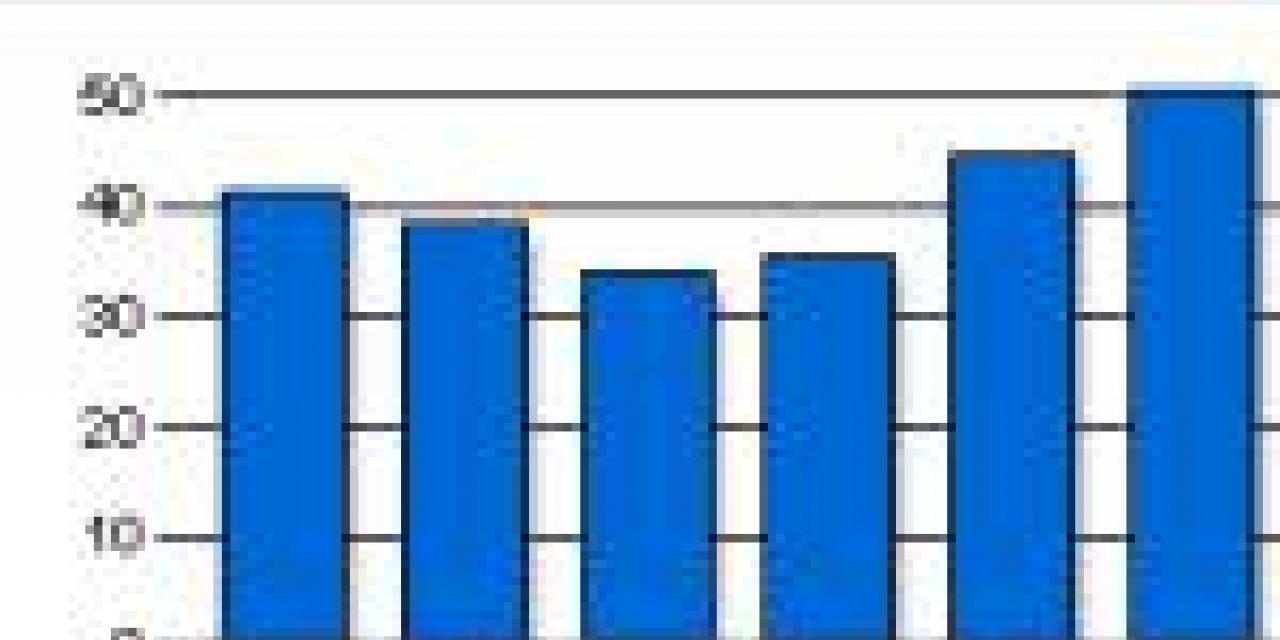
It appears that 2002 was a landmark year for console gaming in many different ways. In that year, the video game console business surpassed box office receipts in the United States, indicating that the video game console business is big business. However, according to the high-tech market research firm, Instat, with the console business following its typical cyclical trend, 2003 shipment and revenues are expected to fall from 2002 levels. 2003 worldwide console shipments are expected to drop by more than 2 million units from 2002 shipments. As if that was not enough it is estimated that console sales will not reach 2002 levels until 2005, when most manufacturers are expected to release their next generation offerings.
Lower 2003 shipments from the PlayStation 2 (PS2) and PSOne consoles are primarily responsible for the drop-off. Both Nintendo GameCube and Microsoft Xbox shipments are expected to increase in 2003, but not enough to offset reduced Sony shipments. Console revenues in 2003 are expected to fall as well, by nearly USD 2 billion, with both price-cutting and lower shipment numbers responsible for the drop. Overall, the console market is seeing great change with the current generation of consoles and the availability of online gaming, said Brian O'Rourke, a senior analyst with In-Stat/MDR. We expect all three competitors to release their next generation consoles in the second half of 2005, when this market will trend upward again, with revenue levels reaching those of 2002 in about 2006.
In-Stat/MDR has also found that:
-- Sony shipped its 60 millionth PS2 console on Sept. 6, 2003, a number that the Microsoft Xbox and Nintendo GameCube will not reach. Sony also appears to have successfully established the PS2 as an online platform with its Network Adaptor product.
-- Over the past year, Microsoft has successfully established the Xbox as the No. 2 console worldwide, surpassing the Nintendo GameCube. It has also attempted to establish its Xbox Live online service in all regions of the world. It has achieved initial online success in North America, but faces challenges in Europe and Japan.
-- Nintendo has had a very difficult year. Disappointing sales of its GameCube have caused more bad news for the company, from disappointing earnings reports to some third party developers beginning to scale back their commitment to the platform. Nintendo has acknowledged flaws in their GameCube marketing strategy, and hopes to recover their former standing in the console space. However, with two solid, deep-pocketed competitors, Nintendo faces the biggest challenge in its corporate history.








